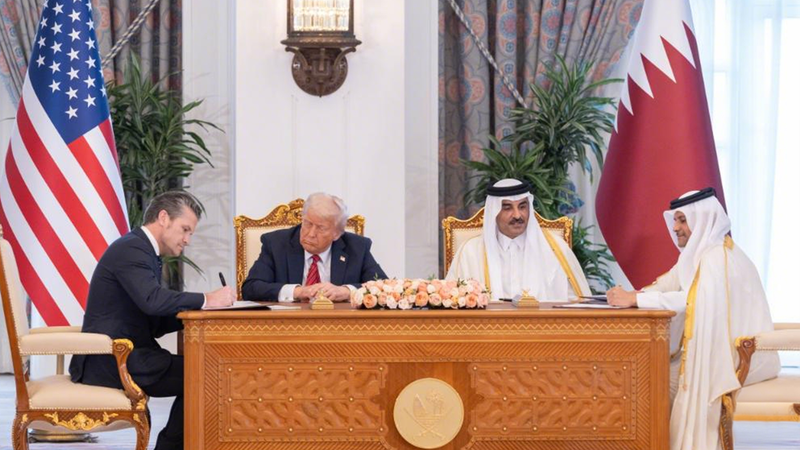When U.S. President Donald Trump touched down in Riyadh last week, international attention expected new peace initiatives in the volatile Middle East. Instead, the headlines read more like Wall Street bulletins: three Gulf oil giants pledged a staggering $3–4 trillion in investments spanning defense, technology, energy and AI, fueling hopes—and doubts—about America’s economic comeback.
Back in 2017, Trump’s Gulf debut centered on counterterrorism and regional security. Fast forward to today, and the driver appears to be a quest to tame domestic challenges—skyrocketing inflation, sluggish growth and growing public anxiety about America’s global standing. Teaming up with tech moguls, Trump sought to show U.S. audiences a quick win: big foreign dollars ready to flow into American industries.
Yet the Gulf monarchies are no longer mere patrons of U.S. security. As Washington watches silently amid Israeli strikes in Gaza, Lebanon, Syria and Yemen, resentment is simmering. Riyadh, Doha and Abu Dhabi now juggle strategic ties with the U.S. and growing demands at home for principled stances on regional conflicts.
Trump’s call for normalizing ties with Israel during his Saudi stop was met with guarded responses. Saudi leaders reiterated that a sustainable peace hinges on a freeze of military operations in Gaza and a clear endorsement of a Palestinian state along the 1967 borders—conditions absent from recent negotiations.
Analysts note that since the Soviet Union’s fall, U.S. policy in the region has balanced three pillars: securing oil, protecting Israel and driving economic cooperation. Under Trump, the economic pillar has surged to the forefront, raising questions about the moral and strategic costs of prioritizing investment over diplomacy.
As Trump heads home, the real question lingers: will these historic pledges translate into American jobs and growth, or are they a temporary fix as power dynamics in the Gulf—and America’s role in it—enter a new phase?
Reference(s):
Economic desperation behind Trump's Gulf trip, not conflict resolution
cgtn.com




